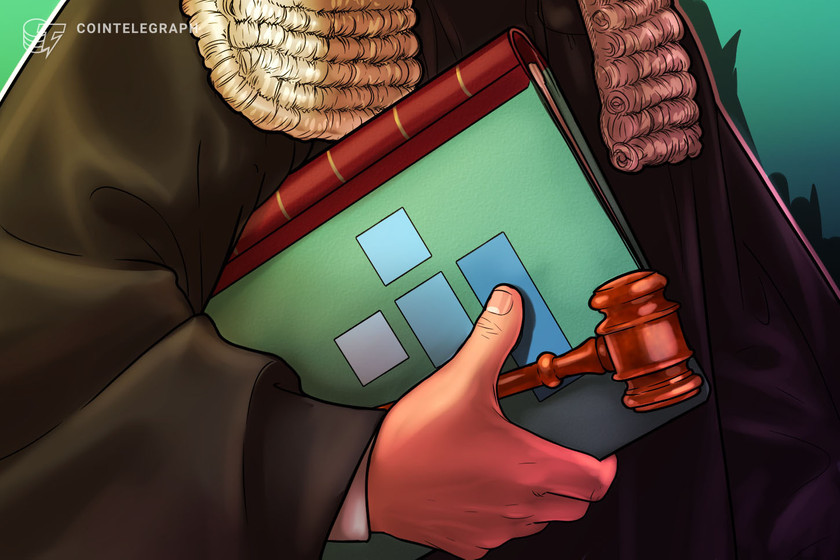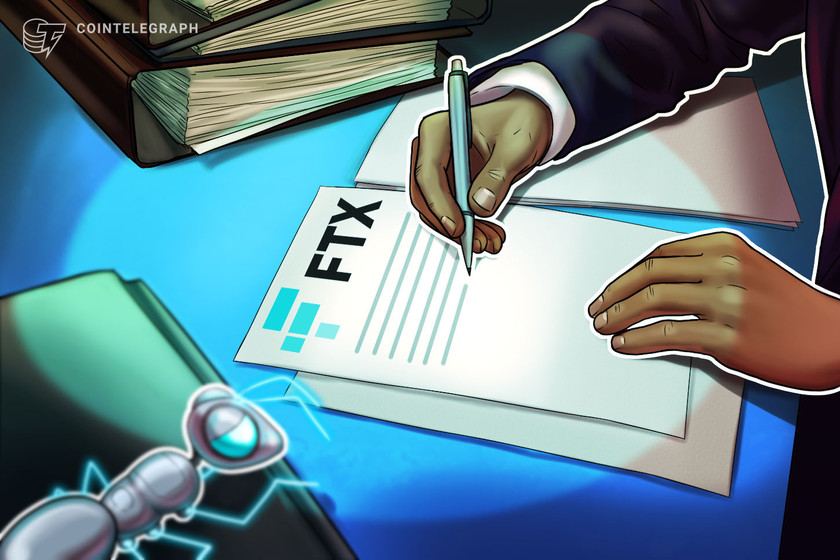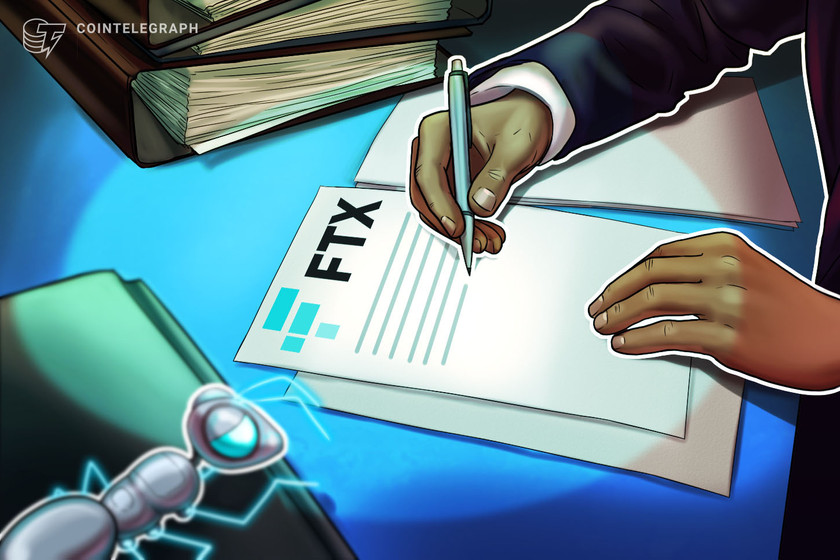Alameda Research to sell interest in Sequoia Capital to Abu Dhabi for $45M


FTX’s sister company, Alameda Research, agreed to sell its interest in Sequoia Capital to Abu Dhabi’s sovereign wealth fund for $45 million.
The latest update in the FTX bankruptcy case comes as a new deal was struck between the defunct cryptocurrency exchange and a company owned by the government of Abu Dhabi.
A court document from the United States Bankruptcy Court for the District of Delaware on March 8 revealed that Alameda Research, the investment arm of FTX, will sell its remaining interest in venture capital firm Sequoia Capital to the Abu Dhabi sovereign wealth fund.
According to the document, FTX “decided to enter into the Agreement with Purchaser based on its superior offer and ability to execute the Sale Transaction within a short time frame.” This comes after interest in purchasing the shares from four different parties.
Al Nawwar Investments RSC Limited, the buyer of Alameda’s share, is owned by the government of Abu Dhabi — the capital city of the United Arab Emirates. The document states that the buyer is already invested in Sequoia.
The deal, worth $45 million, has the potential to be closed by March 31. However, it is subject to approval by the Delaware bankruptcy judge John Dorsey.
The attempt to sell off its remaining interest in Sequoia Capital is a part of FTX’s attempts to liquidate its investments to pay off its debt to creditors.
Dorsey has been involved in aspects of the legal cases concerning FTX. After its initial bankruptcy filing, Dorsey granted the former exchange permission to sell some of its assets.
Related: SBF’s lawyers signal need to push back October criminal trial
Those assets included the derivatives platform LedgerX, the stock-clearing platform Embed and the company’s regional branches, FTX Japan and FTX Europe.
In January 2023, it was reported that FTX recovered over $5 billion in cash and liquid crypto assets.
In a related case, on March 8, court documents revealed that Dorsey approved that Voyager Digital will set aside $445 million after Alameda Research sued the company on the basis of loan repayments.






















